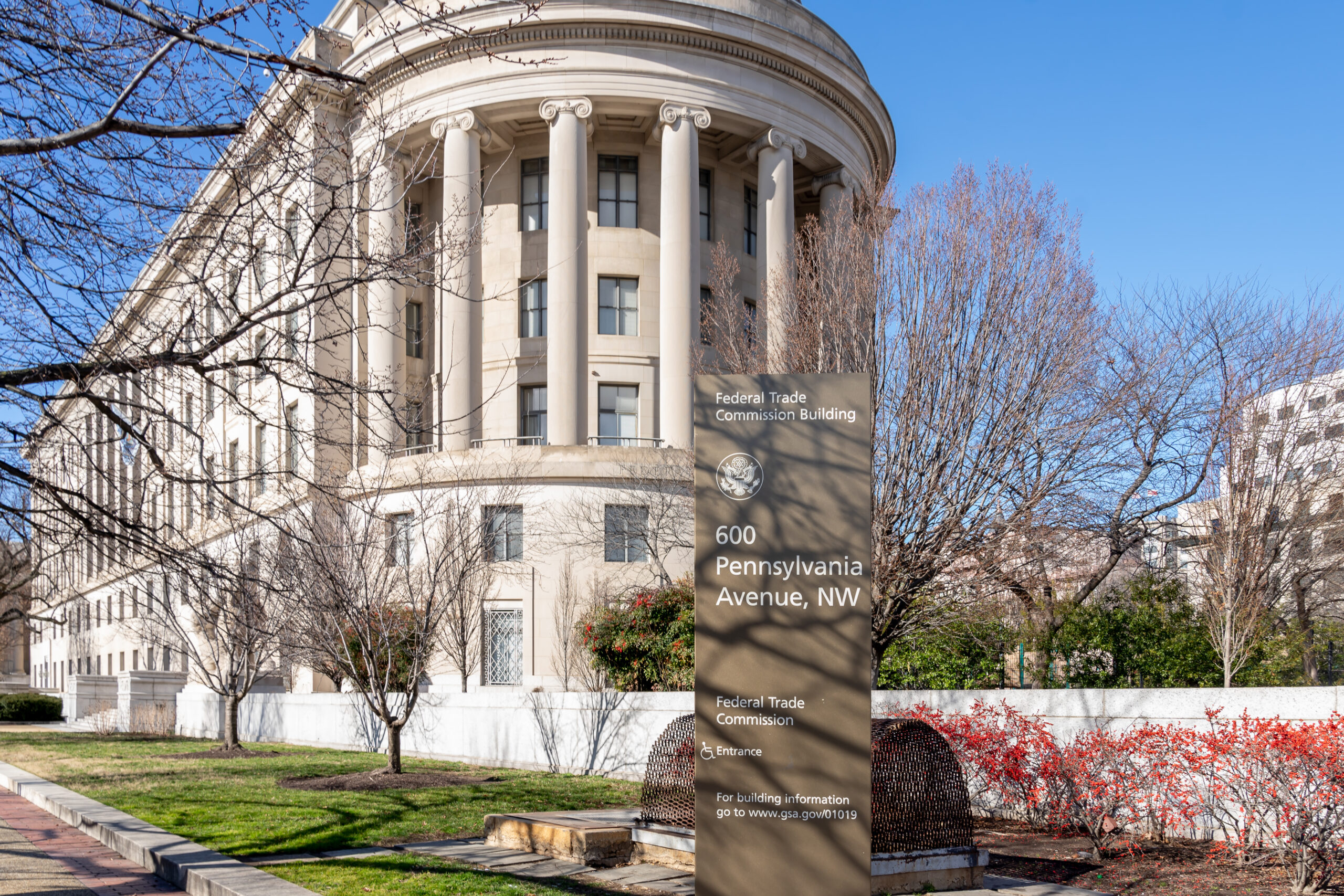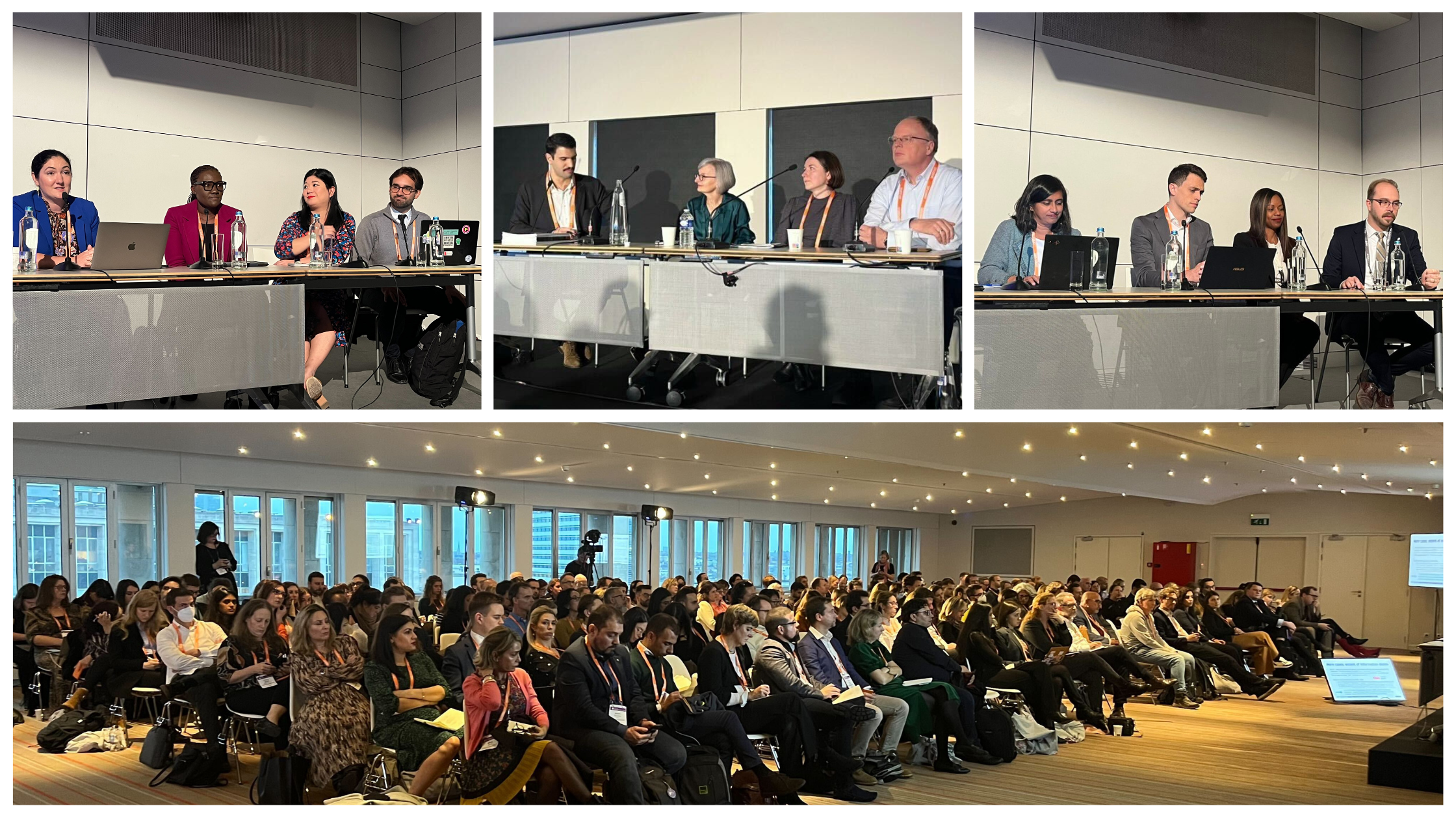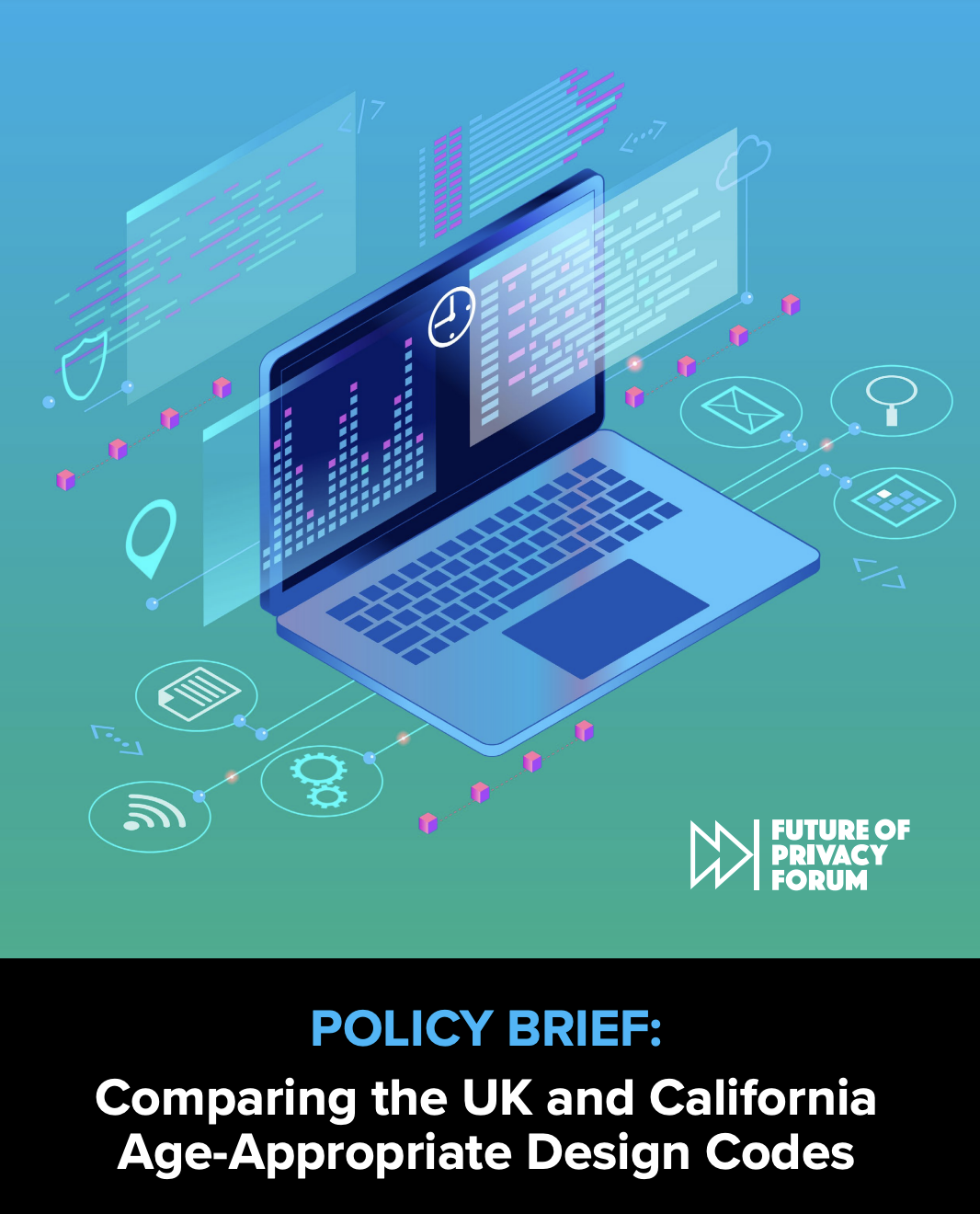Showing results for virg one bet promo code mlai

Record Set: Assessing Points of Emphasis from Public Input on the FTC’s Privacy Rulemaking
[…] because the regulation of data privacy and security is a “major question” best served through Congress. These comments focused on the Supreme Court’s 2022 ruling in West Virginia v. EPA, holding that regulatory agencies, absent clear congressional authorization, cannot issue rules on major questions that affect a large portion of the American economy. Several […]

FPF at IAPP’s Europe Data Protection Congress 2022: Global State of Play, Automated Decision-Making, and US Privacy Developments
[…] remarks on state-level legislation focusing on the California Consumer Privacy Act (CCPA) as amended by the California Privacy Rights Act (CPRA), adding that Colorado, Connecticut, Utah, and Virginia have similar laws. She elaborated on the CPRA’s contractual language, comparing California’s categorization of “Businesses,” “Contractors,” “Third Parties,” and “Service Providers” to the GDPR’s distinction between […]

Five Big Questions (and Zero Predictions) for the U.S. State Privacy Landscape in 2023
[…] Rights Act (CPRA) ballot initiative expanded California’s privacy regime, establishing heightened protections for certain sensitive personal information and providing a right to correct inaccurate data. In 2021, Virginia (VCDPA) and Colorado (CPA) enacted laws that are notable for creating ‘opt-in’ affirmative consent requirements in addition to California-style ‘opt-out’ privacy rights. Finally, in 2022, Connecticut […]

FPF Releases Comparative Analysis of California and U.K. Age-Appropriate Design Codes
[…] both the UK and California codes, and in particular where they differ, is critical for companies in the US and abroad who may soon be covered under one – or both – codes,” said Chloe Altieri, Youth & Education Privacy policy counsel for FPF and an author of the report. “The explanations and examples […]

The GDPR and the AI Act Interplay: Highlights from FPF and Ada Lovelace Institute’s Joint Event
[…] participants that defended keeping a high-risk AI list, some called for the ability to easily update the list since novel risky AI use cases are constantly surfacing. One of the experts disagreed that it should fall on the EC to update the list, given the institution’s political driving factors. Instead, the speaker called for […]

Understanding Extended Reality Technology & Data Flows: Privacy and Data Protection Risks and Mitigation Strategies
[…] to heightened obligations under the Regulation depending on the purpose for which they process biometric data. Specifically, the GDPR prohibits organizations from processing such personal data, unless one of the permissible grounds strictly defined by the law applies. The Regulation defines biometric data to include only that which an organization could use for identification […]

Event Report: FPF Side Event and Workshop on Privacy Enhancing Technologies (PETs) at the 2022 Global Privacy Assembly (GPA)
[…] their need for certainty on how they can use PETs to achieve compliance with the privacy framework. The speaker added that it is challenging to find a one-size-fits-all solution in this respect, but that the Privacy Commissioner is trying to pass flexible guidance and answer the public’s queries on PETs for the benefit of […]

GDPR and the AI Act interplay: Lessons from FPF’s ADM Case-Law Report
[…] numbering of cases in the FPF Report. Both the GDPR and the proposed AI Act are grounded on Article 16 TFEU for the protection of personal data One of the two legal bases used by the EC to justify the AI Act Proposal is Article 16 of the Treaty on the Functioning of the […]

Understanding Extended Reality Technology & Data Flows: XR Functions
[…] the future, XR devices will increasingly feature eye tracking to optimize graphics. Graphics quality can affect a user’s sense of immersion, presence, and embodiment in XR environments. One technology that can enhance graphics in XR environments is dynamic foveated rendering, or eye-tracked foveated rendering (ETFR), which tracks a user’s eyes to reduce the resolution […]

Federal Court deems university’s use of room scans within the home unconstitutional
[…] state actor; (2) the student had an intuitive expectation of privacy within the bedroom of his home; and (3) the student’s expectation of privacy was reasonable and one generally accepted by society. The Court further found that CSU’s Fourth Amendment search was unreasonable by weighing four factors: (1) the student’s privacy interest; (2) the […]
